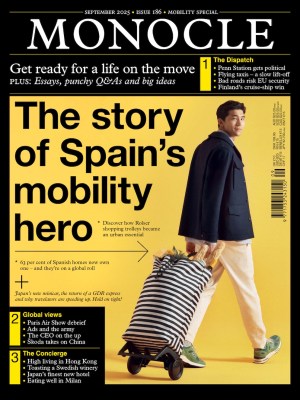Street food is still a defining force in the culinary scene of Istanbul
The reinvention of Turkey’s largest city as a gastronomic hub continues apace – but not at the expense of the unfussy, authentic fare that has long delighted the metropolis.
When Cenk Debensason is hungry, he rarely reaches for a Michelin guide for tips. “Whenever I think of food in Istanbul, I think of this,” the chef behind the celebrated Arkestra restaurant tells Monocle as he stands beside a vendor while a fish sizzles on the grill atop a simple cart. Debensason is here by the edge of the Bosphorus for balik ekmek: mackerel with onions, parsley, sumac and cumin, served in a hunk of fluffy white bread. Alongside the simit – sesame-crusted rings that are sweetly caramelised outside and pillowy soft within – such simple snacks are the city’s staples. But for all of the tiled lokantasi (workers’ bistros), black-tea sellers and kebab shops, Turkish fare has undergone something of a reinvention of late.
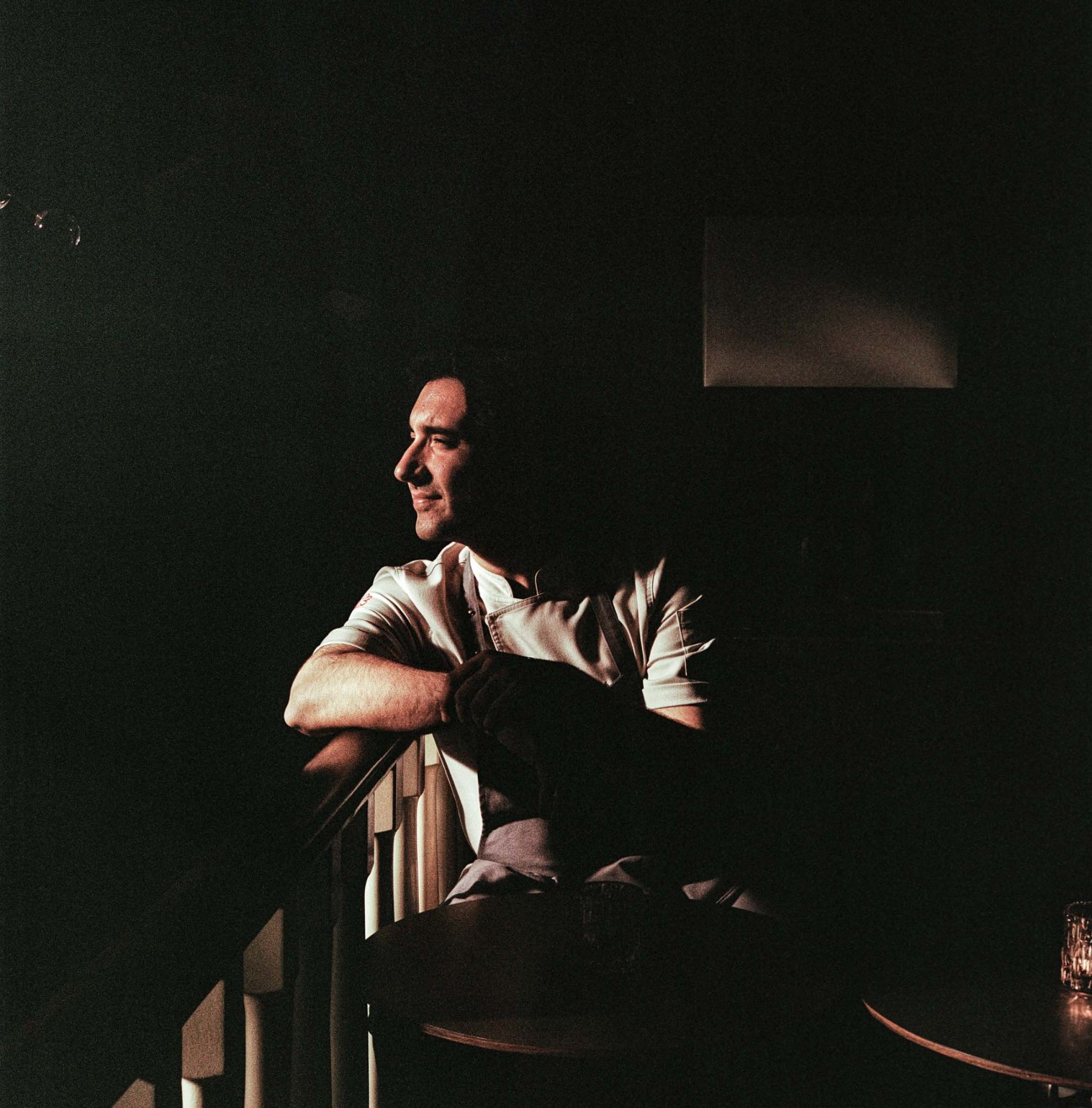
Debensason trained in France and, with his wife and business partner, Debora Ipekel, creates simple yet sophisticated spins on modern European and Turkish classics, using ingredients grown and caught around the city. The Michelin guide arrived in Istanbul in 2022 (the inspectors went to the western provinces of Izmir and Bodrum a year later) and Arkestra, based in a discreet modernist villa in the Etiler district, was one of the establishments that earned a coveted star. It marked a major step up in the city’s culinary reputation.
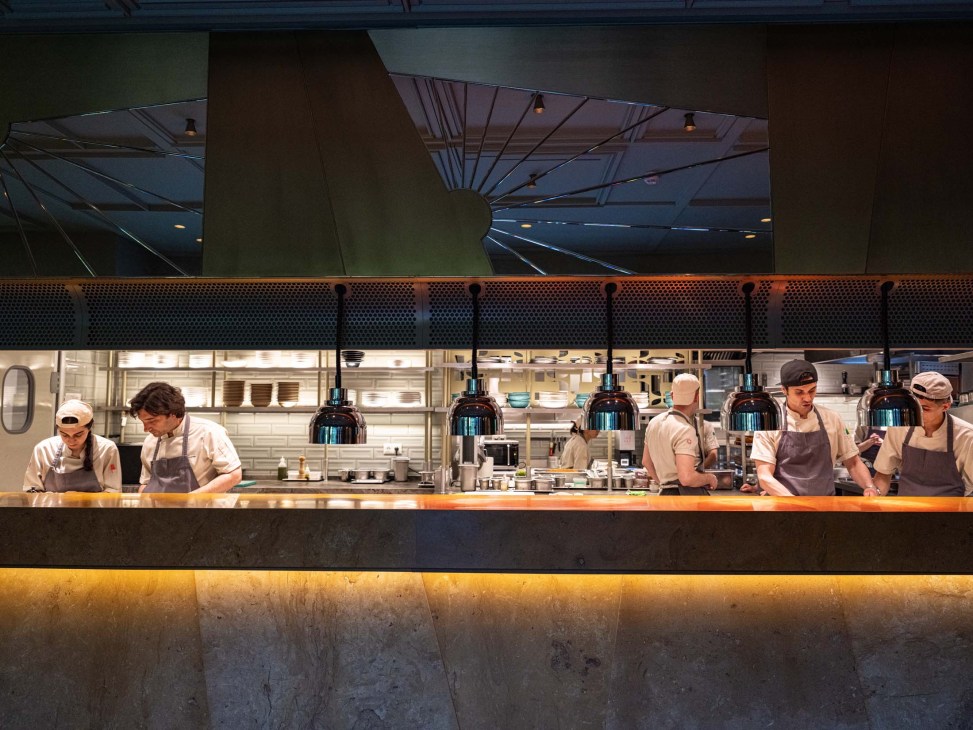
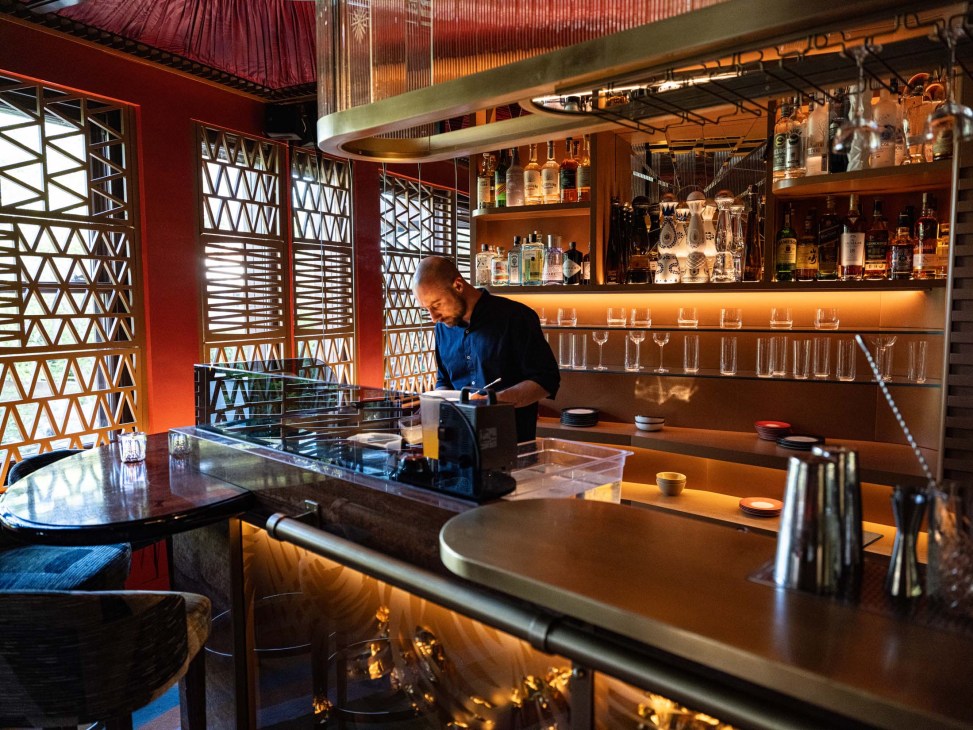
Meanwhile at Turk, a sleek establishment with a months-long waiting list in fashionable Bomonti, Fatih Tutak fuses Turkish flavours with techniques that he learned during his 15 years working in some of Asia’s top restaurants. At Neolokal, set in the grand building that housed the Ottoman empire’s central bank, Maksut Askar riffs on the flavours of his home region of Hatay (Turkey’s gastronomic capital, according to some), adding a sustainable slant by using regional produce and providing a vegetarian menu – something that would have been hard to come by just 10 years ago.
There’s a fierce wind whipping across the Bosphorus when we arrive at the packed terrace restaurant of the Sakip Sabanci Museum. This landmark building in Istanbul’s affluent northern suburbs has one of the best waterside vantage points in the city and a menu to match. It is the training restaurant for the MSA (the Mutfak Sanatlari Akademisi, or the Culinary Arts Academy), Turkey’s premier school for chefs, meaning that the food here, as affordable as it is, reaches the standards of the city’s most elite institutions.
Here we meet Sitare Baras, the managing director of the MSA, and Sabiha Apaydin Gonenli, one of Turkey’s foremost sommeliers. Baras is keen to try the new dishes on the menu, so we order delicate slivers of beef tartare in a tangy sauce; icli kofte, tiny meatballs stuffed inside bulgur dough; hummus; and delicate lahmacun, crispbreads topped with meat and tomato. Dessert is a twist on an Istanbul street-food classic: candied chestnut, reimagined as a creamy mousse topped with feather-light whipped cream. “We didn’t have avant-garde chefs before the 2000s,” says Baras. “Turkish food used to be very local. We transformed the quality of the education in the country. Our graduates work in all of the biggest restaurants and a lot of them who came from Anatolia want to go back to their hometowns and raise the bar there.”
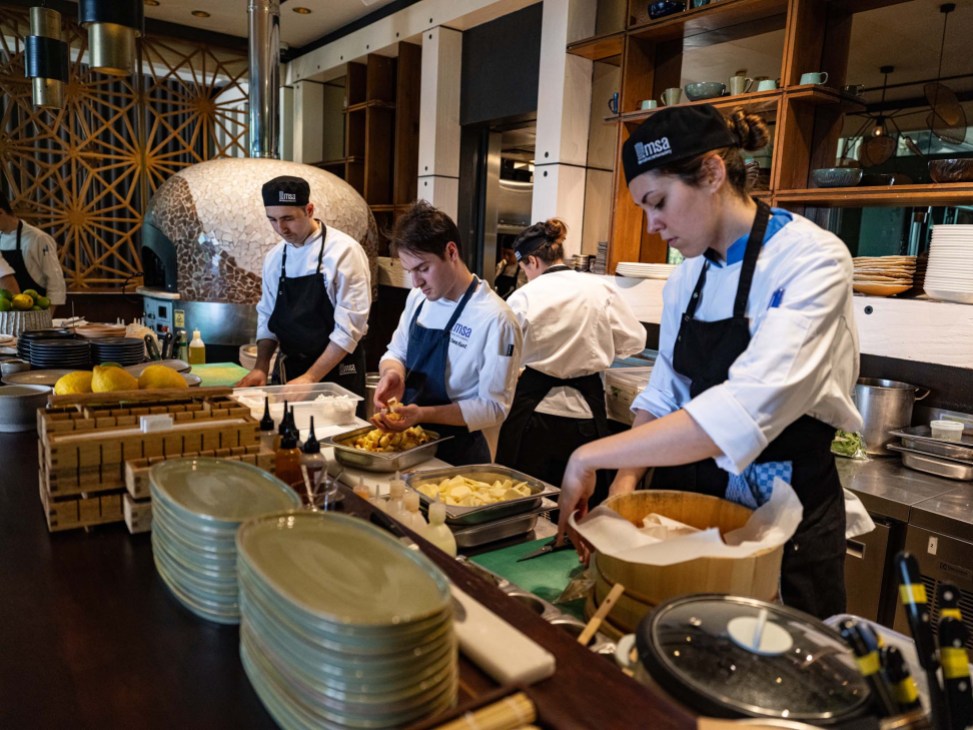
The MSA’s premises in Maslak, a bustling business district on the European side of Istanbul, is a mix of nostalgia and cutting-edge efficiency. In the foyer are glass-fronted cabinets stuffed with vintage food tins and wine bottles but the training kitchens are kitted out with stop clocks and viewing windows that allow visitors to watch the trainees in action, replicating the high-octane atmosphere of a working kitchen. Here, Baras hopes that chefs will be able to hone their skills to the millimetre-fine accuracy required in the top kitchens.
“We tell the students that it should be a reflex when they are cutting – their mind should be on the next stage,” says Sergin Keyder, one of the trainers, who started as a student at the school eight years ago. “At first I was working with a ruler and stickers on my cutting board. I ate carrot purée for two months.”
The MSA’s diploma is internationally recognised and its former students, who number about 30,000, have gone on to work in kitchens worldwide, as well as refilling the city’s culinary talent pool. Turkish cuisine is the school’s bedrock but it also teaches other styles, reflecting the increasing appetite for variety in Istanbul. Birol Can is one of the 2025 cohort. The 27-year-old had already completed a degree in cinema and was living in his home city of Tekirdag when he decided to pursue his childhood dream and sign up at the MSA. He hopes to open a French or Italian restaurant in his hometown once he graduates.
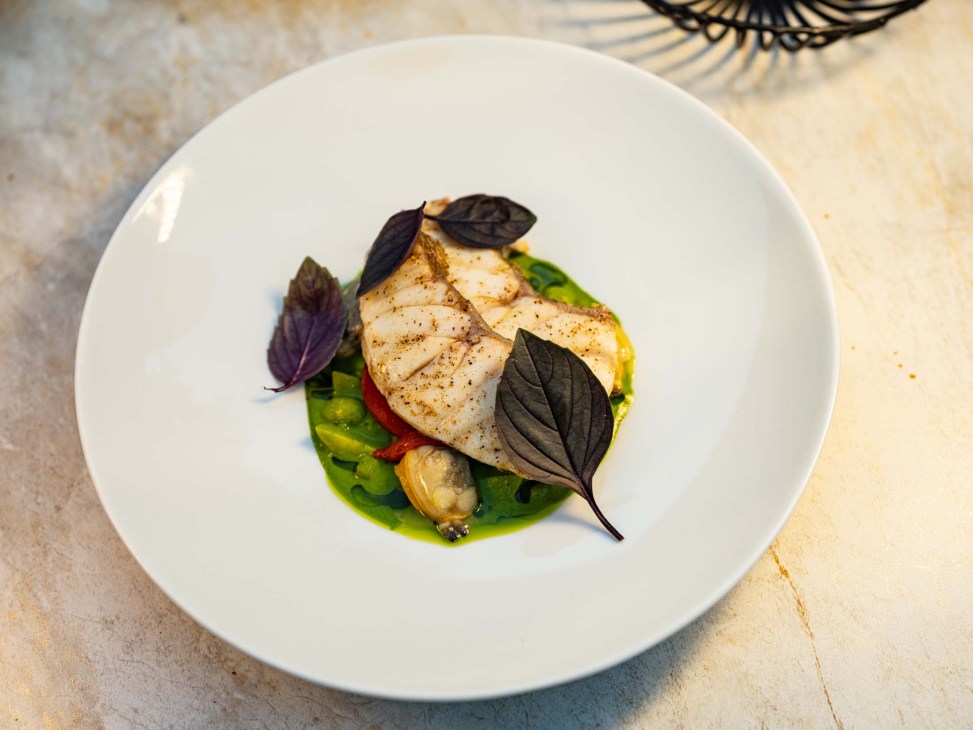
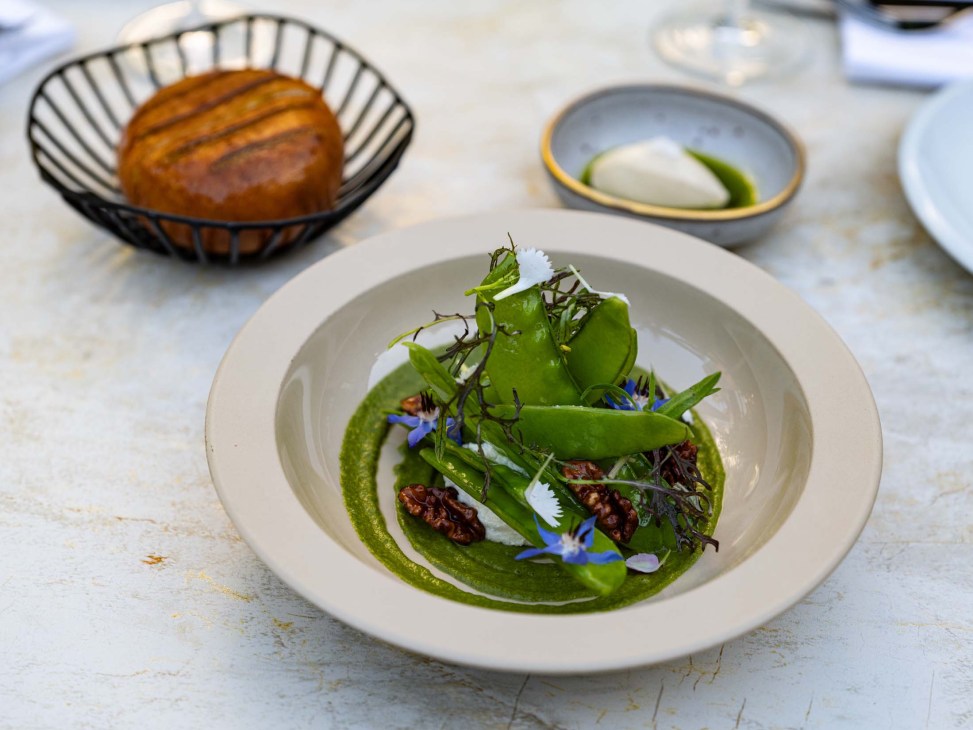
Turkish wine is also stepping up after years of obscurity. Apaydin Gonenli is a former chief of front-of-house operations at Mikla, an Istanbul institution where she was responsible for food and wine pairings. In 2019 she organised the first Root, Origin, Soil conference to showcase Turkish viticulture, an event that is now held biannually. “We were always drinking the same six Turkish grape varieties and I wondered why,” says Gonenli. “In Turkey we have about 800 unique varieties and I started promoting them. When I set out, there were 20 indigenous varieties available commercially. Now there are 60.”
The bottles are now making their way into high-end restaurants and a few pioneers are popularising wine bars. Chief among them is Foxy in Istanbul’s smart Nisantasi district, a venture by Maksut Askar and wine expert Levon Bagis, where an extensive and ever-changing selection of regional varieties is available by the glass, alongside fresh twists on classic mezze.
Above all – and despite the role that Michelin has played in internationalising and glamorising Turkish food – there is still something pleasingly democratic about the restaurant scene here. “Our customers come here for a good time, not to feel overwhelmed,” says Debensason, while explaining why Arkestra offers à la carte rather than the tasting menu often favoured by Michelin inspectors.
On the weekday evening that Monocle visits, the atmosphere at the restaurant is fittingly fun and informal. The tables are full but Debensason and Ipekel mingle with guests, explaining new dishes and recommending wine pairings. When Monocle asks where he would head for a taste of the city, Debensason suggests Donerci Engin, an unassuming hole in the wall with plastic furniture in Beyoglu that serves nothing more complicated than a classic doner kebab. Prices might be on the rise but don’t let anyone tell you an international reputation has cost Istanbul’s food scene its authenticity or its originality.
Tastes of the city
Here are some of Istanbul’s culinary attractions beyond the white tablecloths and polished dining rooms.
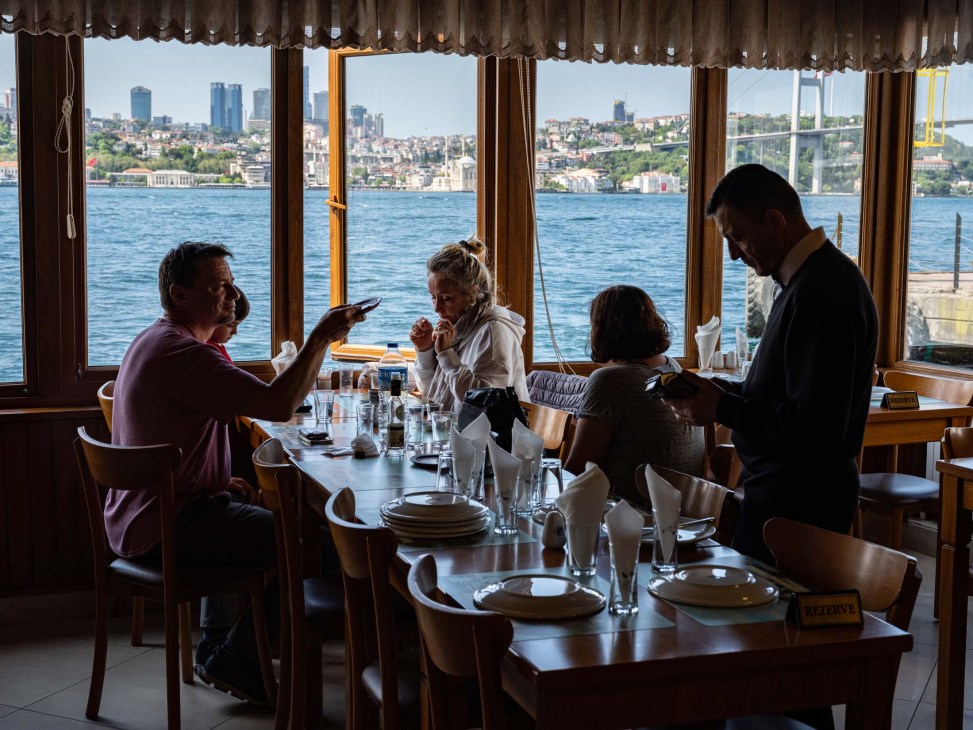
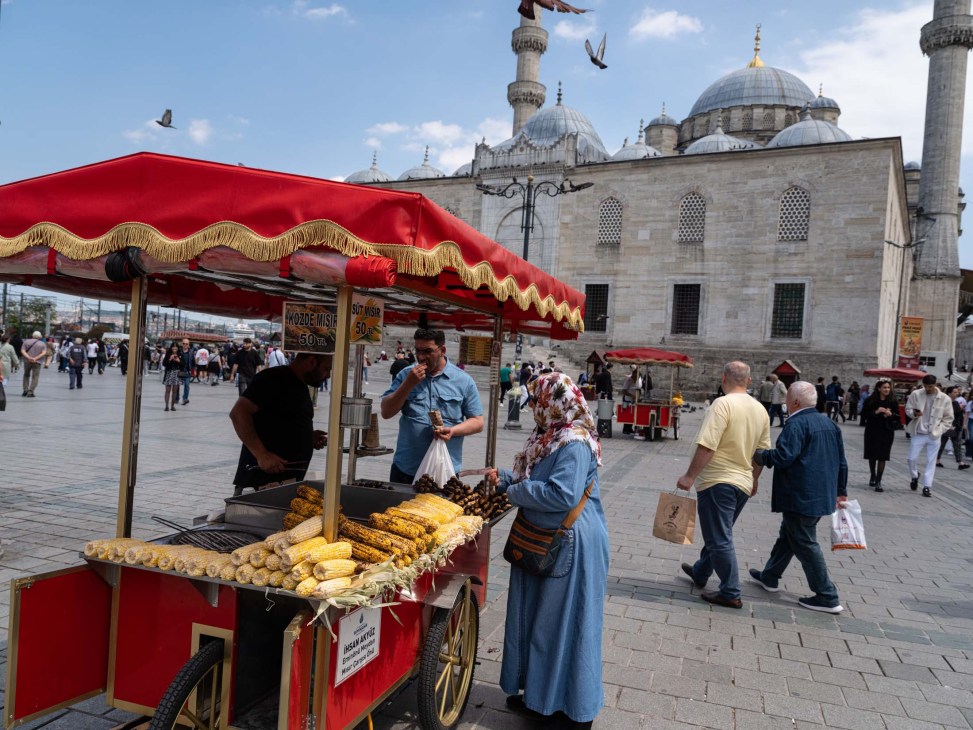
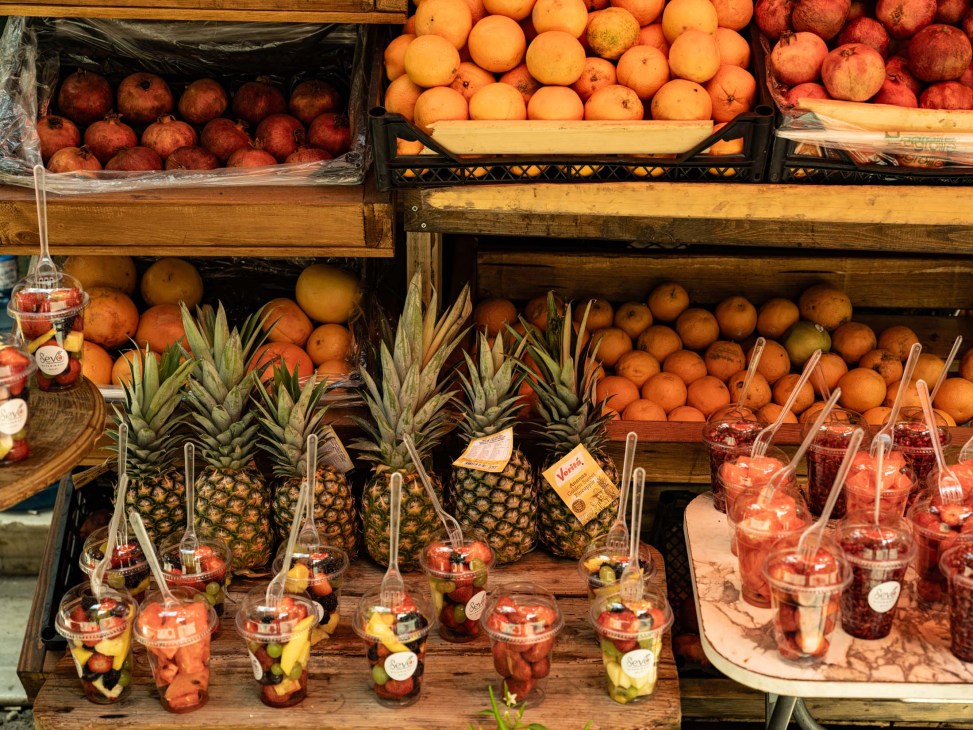
Pandeli
This canteen feels like a hidden palace and is the best spot in the city for a quick, inexpensive lunch with views over Eminonu port. Turkish staples have been served here for about a century and the quality has never dipped. Arrive early or reserve to secure the best table.
pandeli.com.tr
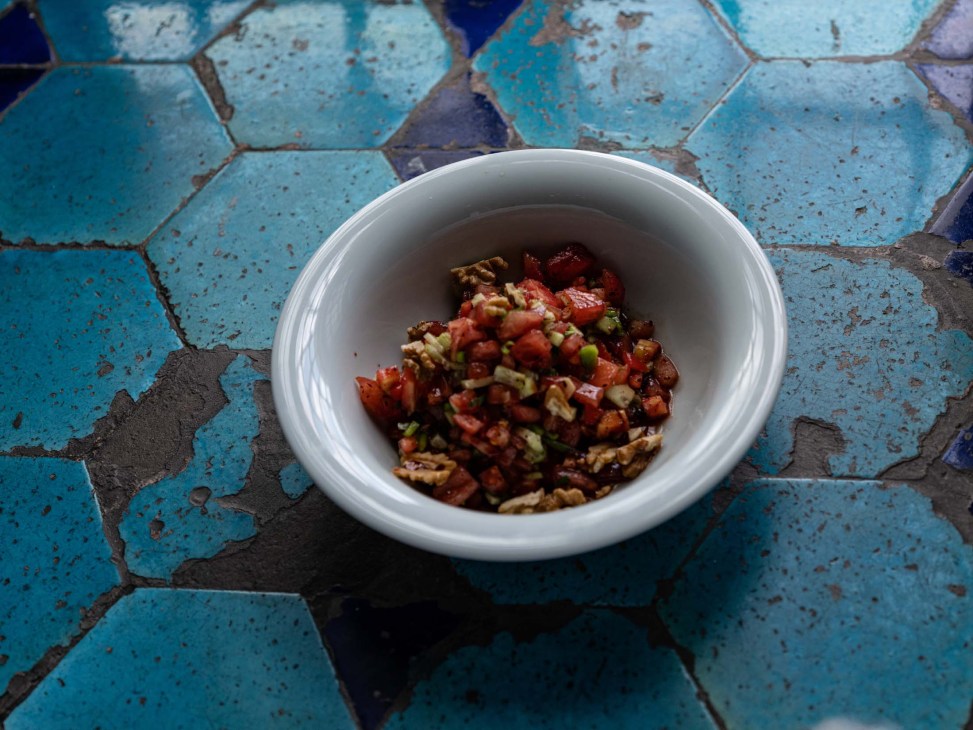
Karakoy historic fish market
You need to venture to the lesser known side of Karakoy to get to this market. Cross through the underpass that runs under the Galata Bridge and you’ll find it just a few steps beyond. This is where locals come to buy the freshest catch to take home. But you can also ask one of the adjoining restaurants to cook your choice for you or get it served in a sandwich or wrap to eat by the waterside.
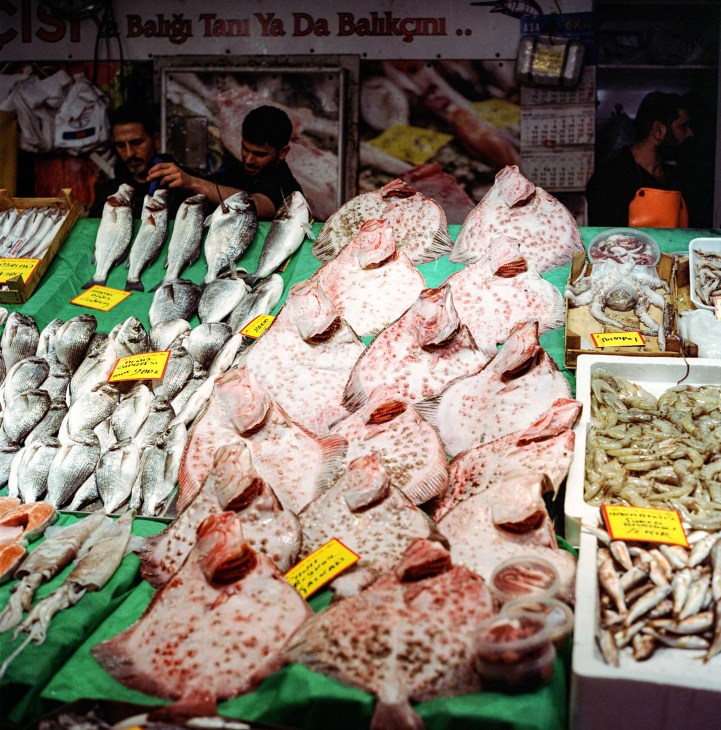
‘Simit’ stands, citywide
You’ll find simit everywhere but if you want the freshest available, look for the vendors with the highest turnover. You can’t go far wrong at any of the city-centre ports, where thousands of people pass by every hour. One of the most atmospheric is the cart just outside Besiktas port, which has a lovely backdrop of the historic terminal and the Bosphorus beyond.
Basta!
Founded by two chefs who worked in Michelin-starred restaurants outside Turkey, this no-fuss spot has the best wraps (dürüm) in the city. The menu is tight, with options that you can count on one hand, but the flavour combinations are so well balanced that you’ll keep coming back for more. Try the lamb with harissa and yoghurt. The pavement seats make for prime people-watching spots.
bastafood.com
Kebapci Zeki Usta
Proprietor Yilmaz Omeroglu uses only the freshest meat for his kebabs and meatballs. There’s no doner here, however. Zeki Usta’s specialities are adana and urfa kebabs, richly spiced and served with pillowy pitta bread. This atmospheric café is in the heart of Kuzguncuk, a quaint neighbourhood of coloured houses and ancient churches on the Asian side.
Kuzguncuk, Icadiye Caddesi 31
Moda Tea Garden
Tea is a way of life in Istanbul and you’re never too far away from a seller brewing a fresh batch. Seek out the tea gardens if you want to retreat from Istanbul’s chaos and sip your drink in peace. Our favourite is in the Moda district on the Asian side, on a bluff overlooking the Sea of Marmara.
Caferaga, Park Ici Yolu, 34710 Kadikoy
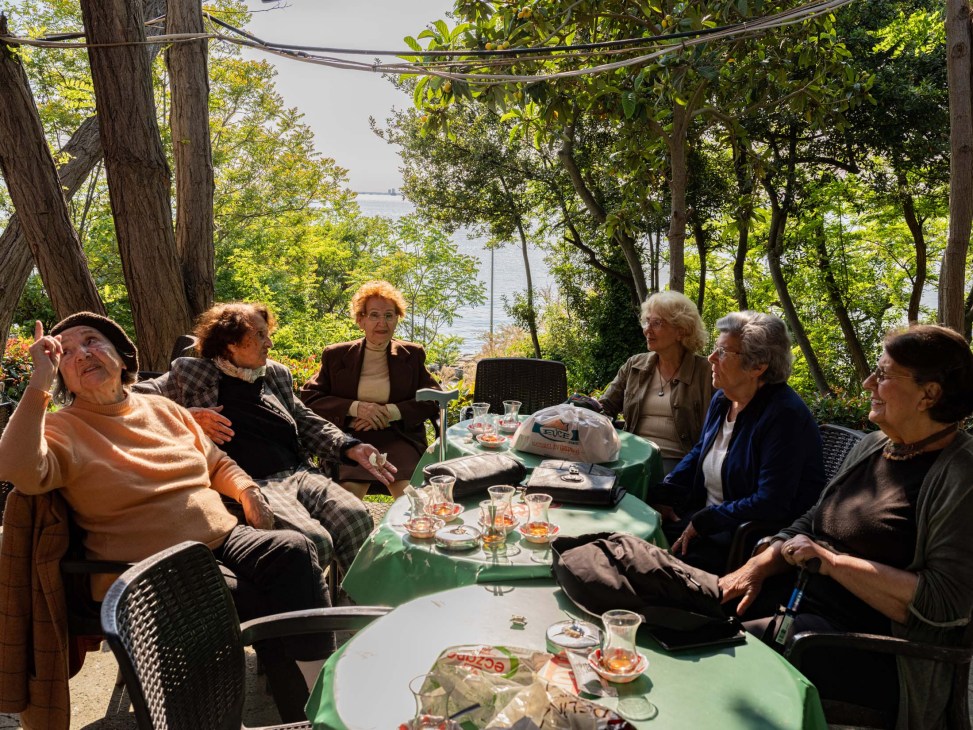
Rising to the challenge
Much has been done to improve Istanbul’s drinking-and-dining scene but there remain challenges – not least the Turkish economy, which continues to suffer from sky-high inflation that has pushed the once famously low dining prices up to levels that you might expect in London or Paris. The government is also slapping punitive taxes and restrictions on alcohol producers and retailers, including a wide-ranging ban on advertising, which even precludes wine-tasting events. “We can produce but not promote,” says Sabiha Apaydin Gonenli, wine director of Istanbul’s Mikla and co-founder of Heritage Vines of Turkey. “When I am teaching front-of-house courses, I ask my students how many grape varieties they know. Most still don’t know any Turkish varieties.”
Luckily, Gonenli’s work and that of many of the city’s best chefs is helping to create a market for Turkish wine. Several vineyards are now also opening to the public, many of them in pleasingly unexpected places. Monocle recently enjoyed an afternoon at Eskibaglar winery in the mountains of Elazig in eastern Anatolia, where ancient vines have been brought back into commercial use and complemented by a smart on-site restaurant and hotel.


